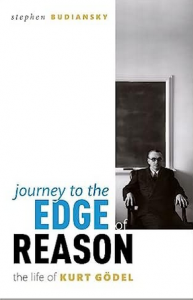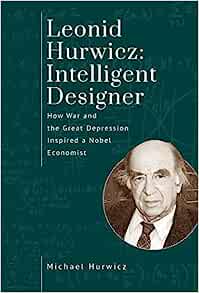For a couple of years now I’ve been mildly obsessed with reading about the Vienna Circle and positivism, given the philosophy’s profound impact on economics (for example via Robbins) and given its seeming unravelling now (see relevant chapter of Cogs and Monsters – now in paperback). For example, David Edmonds’ The Murder of Professor Schlick, Wolfram Eilenberger’s Time of the Magicians, Karl Sigmund’s Exact Thinking in Demented Times, Benjamin Labatut’s When We Cease to Understand the World.
This week I polished off Journey to the Edge of Reason, Stephen Budiansky’s biography of Kurt Gödel. The book is an evocative portrait that draws on Gödel’s own diaries written in a unique shorthand. It’s a gripping read. Like so many inhabitants of Austro-Hungary, Gödel experienced a turbulent early 20th century, fled the German Reich (in a somewhat dilatory manner) in the 1930s, and settled in the US (at the Institute for Advanced Studies in Princeton). There his closest friend was the other resident genius, Albert Einstein. Journey to the Edge of Reason is a terrific portrait of a troubled, lonely man, yet one whose strange mind revolutionised mathematics and logic.


